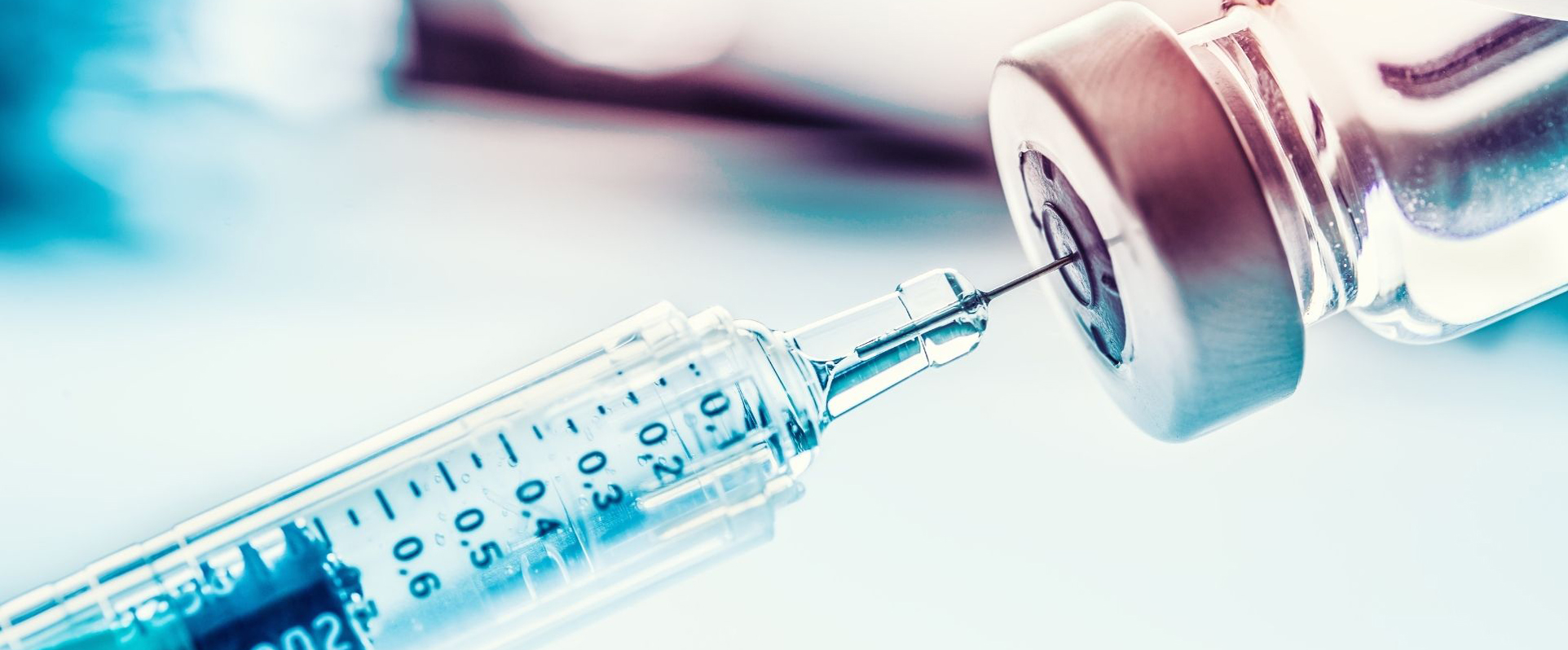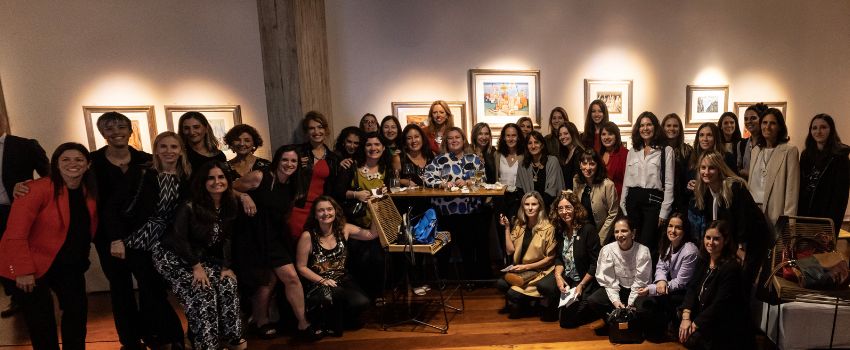International Nonproprietary Names (INN) for COVID-19 vaccine active substances.

By: Mariana Bullrich
The World Health Organization’s Program for International Nonproprietary Names (INN) and Classification of Medical Products, adopted a nomenclature for the active agents of COVID-19 vaccines and proposed the process to assign INNs to the SARS-CoV- 2 variants of concern (VOC). The WHO INN Program encourages vaccine developers to submit INN applications for active agents in COVID-19 vaccines, including those directed against SARS-CoV-2 VOCs, and urges regulatory authorities to facilitate its application.
International Nonproprietary Names (INN) are useful to allow a proper and global identification of pharmaceutical well-defined active agents by a unique and distinctive name. Vaccines active agents such as mRNA, DNA, viral vectors and recombinant proteins are well defined active agents fall within this group and would therefore require a INN. With this objective, in October 2020, the World Health Organization (WHO) published List 124-COVID-19 with INN proposals for the different active substances related to the treatment and prevention of this disease.
The assignment and approval of a specific INN for an active agent normally takes more than one (1) year. In the case of COVID-19 vaccines, although the standard protocol for all drugs is followed, due to the urgency caused by the pandemic and the problems involved in not having a unified and defined INN, an attempt has been made to reduce this period. Currently known COVID-19 vaccines are based on the viral spike (S) glycoprotein or the genes encoding said protein. As the pandemic advanced, the SARS-CoV-2 virus mutated, particularly in this spike protein, and vaccine manufacturers had to adapt their vaccines to cover the variants of concern that appeared.
In view of the foregoing, the WHO has informed that when the structure of the original active agent of a COVID -19 vaccine is modified to cover a variant or new strain of the virus, a new INN should be requested. If the original active agent already had an INN, then the INN for the virus variant active agent will include the INN of the original active agent plus a short two- or three-letter prefix. In these cases, the INN assignment process will be shorter and estimated in approximately 2 months. If an INN was not assigned previously to the original active agent, an INN must be assigned according to the standard protocol for COVID-19 vaccines.
In all cases, it is assumed that the regulatory authority has approved the vaccine for the new SARS-CoV-2 virus variant of concern through an abbreviated process.
When the change in the structure of the COVID-19 vaccine original active agent is not carried out to cover another variant or strain, but has other purposes, such as an improvement in the stability or an improved nucleic acid or vector expression, a new and different INN should be assigned, regardless of whether the original active agent already had an INN assigned.
In the case of multivalent COVID-19 vaccines, it will then be necessary to obtain an INN for each active agent.
Having INNs assigned for each and every one of the active agents of the COVID-19 vaccines and have them included in the inserts of the vaccines, is useful and necessary to improve pharmacovigilance, ensure greater safety for people receiving them and facilitate prescription and global distribution.






